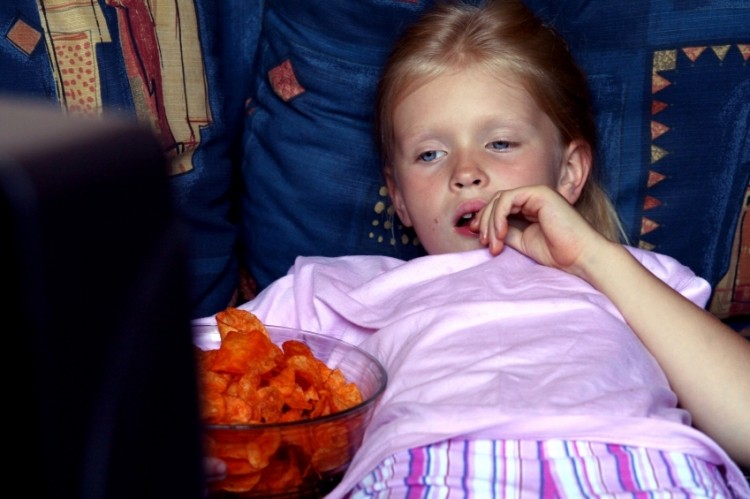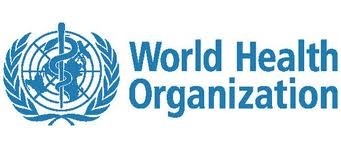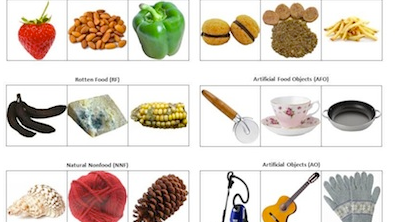‘Holistic’ approach needed to protect children from unhealthy food ads

Garde, a law professor at Durham University in the UK, and Marine Friant-Perrot, a law professor at Nantes University, France, outlined the difficulties of harmonised legislation for any kind of marketing, particularly because freedom of expression, including freedom of commercial expression, is protected under EU law. However, Garde asserted that this freedom is not absolute, and while harmonised legislation on marketing to children faces several stumbling blocks, she said that self-regulation is not the answer either.
Putting advertising protections in the spotlight, Garde said there are three questions that should be asked about any product marketing: “To which extent does product information guide consumer choice? To which extent does advertising inform? And what about children?”
She said: “Children are particularly vulnerable because they have limited cognitive abilities, and youths that may have some cognitive abilities are very subject to peer pressure…There is enough evidence to show that unhealthy marketing promotes a child not only to prefer Coca-Cola over Pepsi, but also fizzy drinks over other drinks.”
Garde suggested that the World Health Organization’s recommendations on marketing of foods to children should be the yardstick against which EU measures are assessed, and cited UN Special Rapporteur on the Right to Food, Olivier De Schutter, who said in September 2011: “Food advertising is proven to have a strong impact on children, and must be strictly regulated in order to avoid the development of bad eating habits early in life.”
‘Holistic and multidisciplinary’
“Restricting marketing can be part of the solution but it can’t be the solution on its own,” said Garde. “…It is not for lawyers on their own, or economists or health practitioners; it must be a holistic and multidisciplinary approach.”
Garde added that the changing media landscape has made advertising ubiquitous, with more and more marketing taking place outside of the traditional audio-visual and print sources found in the home.
“Children are often used as tools of viral marketing. They may be on Facebook or Twitter more than their parents, and they also tell their parents that there is this wonderful new product,” she said.
Garde adds her voice to many others calling for stricter limits on marketing of foods to children in the EU. Last year, Dr Tim Lobstein of the International Association for the Study of Obesity told this publication that the UK was leading the field when it came to restricting television advertising of junk food to children but an EU-wide approach was needed.


















